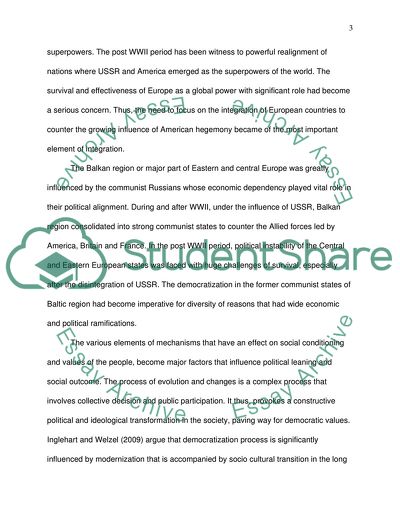Cite this document
(The Shared Notion of the Importance of Democracy, Human Rights and Research Paper, n.d.)
The Shared Notion of the Importance of Democracy, Human Rights and Research Paper. Retrieved from https://studentshare.org/politics/1738463-the-shared-notion-of-the-importance-of-democracy-human-rights-and-collaboration-can-explain-european-integration-discuss
The Shared Notion of the Importance of Democracy, Human Rights and Research Paper. Retrieved from https://studentshare.org/politics/1738463-the-shared-notion-of-the-importance-of-democracy-human-rights-and-collaboration-can-explain-european-integration-discuss
(The Shared Notion of the Importance of Democracy, Human Rights and Research Paper)
The Shared Notion of the Importance of Democracy, Human Rights and Research Paper. https://studentshare.org/politics/1738463-the-shared-notion-of-the-importance-of-democracy-human-rights-and-collaboration-can-explain-european-integration-discuss.
The Shared Notion of the Importance of Democracy, Human Rights and Research Paper. https://studentshare.org/politics/1738463-the-shared-notion-of-the-importance-of-democracy-human-rights-and-collaboration-can-explain-european-integration-discuss.
“The Shared Notion of the Importance of Democracy, Human Rights and Research Paper”, n.d. https://studentshare.org/politics/1738463-the-shared-notion-of-the-importance-of-democracy-human-rights-and-collaboration-can-explain-european-integration-discuss.


